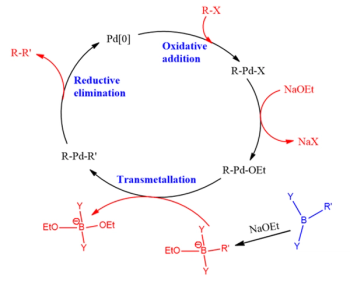
Gas Chromatography Helps Researchers Explore Pollution of Fish
Researchers are using a method called gas chromatography, a process by which they will extract fish tissue and identify organic based compounds and pollutants in the tissue, especially flame retardants, of which traces have been found in the breast milk of women.
Purdue researchers are trying to find out if filet of lake trout with a side of flame retardant is your next meal.
Inez Hua, an associate professor in environmental engineering, is the principal investigator for research being conducted on pollutants in fish found in the Great Lakes.
The researchers are using a method called gas chromatography, a process by which they will extract fish tissue and identify organic based compounds and pollutants in the tissue, especially flame retardants, of which traces have been found in the breast milk of women.
To read the complete article,
Newsletter
Join the global community of analytical scientists who trust LCGC for insights on the latest techniques, trends, and expert solutions in chromatography.




